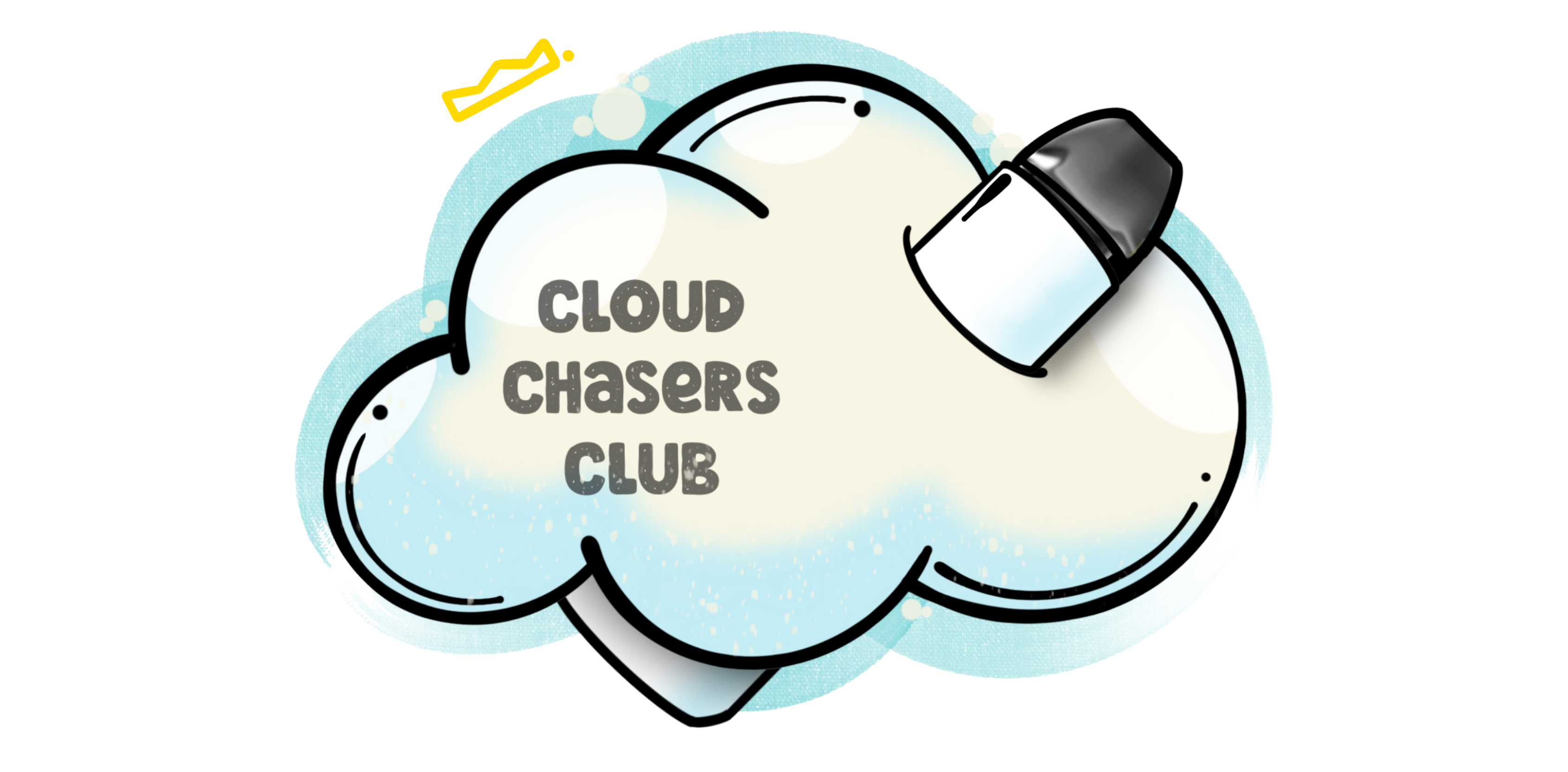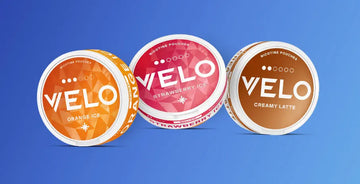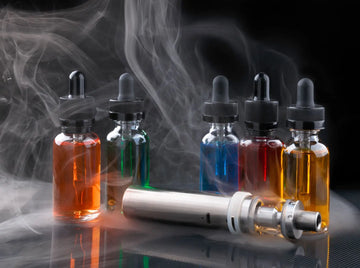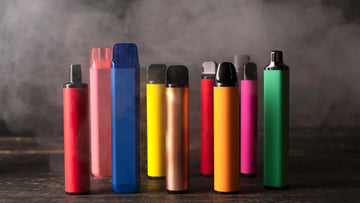
As nicotine consumption becomes an ever-evolving landscape, one question often emerges in regards to vape: Is vape a drug? This issue doesn't only impact regulation; it also has serious ramifications on public perception and user behavior. Therefore, in order to address it effectively it's necessary to explore what constitutes a drug as well as where vaping fits within this definition.
Purchase Now: Crave Vape
Is Vape A Drug? - Complete Guide
Traditional understandings of drugs encompass any substance which, when inhaled or taken by mouth in any form - be it injection, smoking, inhaling an aerosolized spray of nicotine-laced tobacco smoke or dissolving under our tongue - causes physiological change within our bodies. Nicotine found naturally within tobacco plants fits this description - one reason tobacco addiction spreads quickly through society.
As to whether vaping can be considered a drug, nicotine must first be evaluated. Nicotine stimulates adrenal glands which release adrenaline which results in elevated blood pressure, heart rate and breathing rate as well as increasing dopamine levels in reward circuits in the brain - these effects of nicotine could explain its addictive nature if taken consistently over time.
Health Implications of Vaping
Debate surrounding whether vape should be classified as a drug raises concerns regarding safety and health implications of inhaling vaping products such as nicotine vapour. Although widely promoted as an alternative to smoking cigarettes, vaping does pose health risks of its own; you're inhaling other substances besides nicotine which could potentially wreak havoc to your lungs such as flavorings and propylene glycol that have undetermined long-term repercussions; as yet unstudied long term consequences remain to be examined closely - though evidence suggests vaping can potentially wreak havoc to respiratory illnesses among other issues that arise over time.
Regulatory and Social Considerations
The question of "Is vape a drug?" also has regulatory implications. If vapes are considered drug delivery devices, they may be subject to stricter regulations concerning their sale, marketing, and use. This classification can influence how they are perceived socially and legally, which can affect consumer behavior and public health policies.
Check Out: Crave Max
Conclusion:
It depends upon our definition of drug usage. Since vapes deliver nicotine directly into our bodies and alter bodily functions, they meet this definition, making vapes fit under public health regulations as they relate to regulation and understanding in public settings. As research continues, consumers and policymakers need to remain knowledgeable of its impact while understanding where it fits within drug categories.




